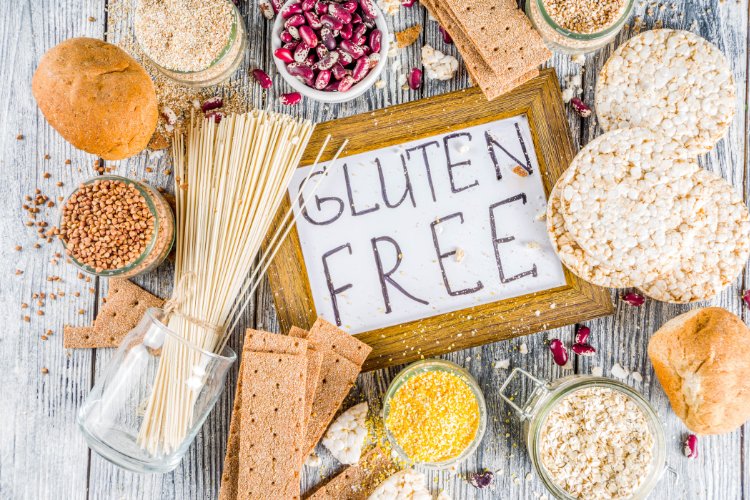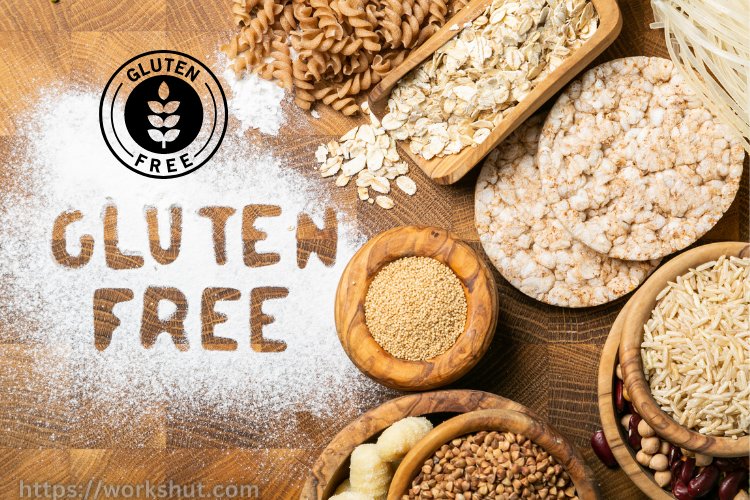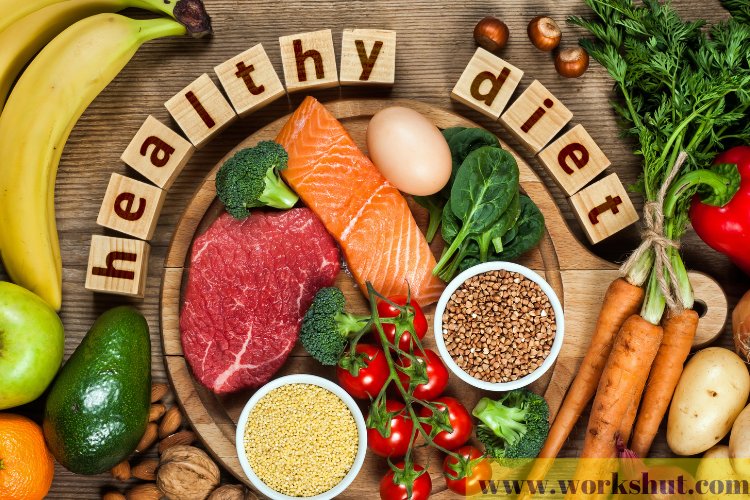Is Whey Gluten Free? What You Need To Know
Wheat, barley, and rye all contain the protein known as gluten. Whey is gluten-free because the whey protein itself is gluten-free.

What Is Gluten?
Wheat, barley, and rye all contain the protein known as gluten.
The term "gluten" in the medical and biological fields actually refers to a group of proteins called glutelin and prolamin that work together to store nutrients in plants. Depending on which grain is being discussed, they go by different names: in wheat, the glutelin is known as glutenin and the prolamin as gliadin; in barley, the glutelin is known as hordenin; in rye, secalins—so you can see why it's frequently simpler to use "gluten."
Gluten is a special and useful protein in baking because it functions as glue to hold a dough together and give it an elastic texture. Gluten is what gives bread a chewy, soft texture after it has been baked
Despite not containing gluten, oats contain avenin, a protein that is similar to gluten. Oats also cause reactions in some people with celiac disease because the proteins are so similar.
Is Whey Gluten-Free?
Yes, whey is gluten-free because the whey protein itself is gluten-free. On the package, whey may be labeled as "whey concentrate ?," "whey isolate ?," or "whey hydrolysate ?." All of these whey protein products are gluten-free and suitable for celiac patients
Is Whey Protein Powder Gluten-Free? How to Be Sure
Is Whey Protein Powder Gluten-Free?
Whey protein powders are not all gluten-free. Powders used to help build muscle typically contain additional ingredients besides whey. Before using any whey powder you have to check the ingredients list to ensure it is gluten-free.
Dietary supplements such as whey powders are not regulated by the government. so even if the name or brand of whey protein powder says "pure protein" or "100% protein" on the front.the back label will usually list several other ingredients besides whey Because manufacturers use different ingredients to make each flavor of whey protein powder. Double-check the label of each flavor before using.

Which Foods has Gluten?
Any product made with wheat, barley, or rye is likely to contain gluten since these three grains are sources of the protein. The following foods should be avoided:
Wheat Products
- Breads
- Pastas
- Cereals
- Sauces
- Candy Bars
- Flour
- Soups
- Bakery Items
Barley Products
- Soups
- Beer
- Malt
- Brewer’s Yeast
- Cereals
Gluten can be found in a wide range of foods, including those you might not expect, such as soy sauce and some french fries. It can be found as an additive in many foods, particularly processed foods. Gluten can also be found in some medications, personal hygiene products, and other products.
Is Whey Protein Powder Gluten-Free? How to Be Sure
Why is Gluten Bad for Some People?
Most people can eat gluten without any issues. But people who have celiac disease or non-celiac gluten sensitivity (also known as "gluten sensitivity" or "gluten intolerance") experience a range of symptoms after ingesting gluten.
The genetic autoimmune condition known as celiac disease, also known as celiac sprue, non-tropical sprue, and gluten-sensitive enteropathy is a serious one that is brought on by ingesting gluten.
When a person with celiac disease consumes gluten, the protein damages a section of the small intestine called the villi, which prevents nutrients from food from being absorbed.
Malnutrition and a host of additional issues, such as some cancers, thyroid disease, osteoporosis, infertility, and the onset of other autoimmune diseases, are caused by damaged villi, which make it nearly impossible for the body to absorb nutrients into the bloodstream.
Non-Celiac Gluten Sensitivity is a term used to describe people who cannot tolerate gluten and have symptoms akin to those of celiac disease but don't have the same antibodies or intestinal damage.
Substitutions for Gluten
There are numerous alternatives to grains, flour, and starches that are naturally gluten-free and can be eaten by people following a gluten-free diet.
A few of these are,
- Corn
- Cornstarch
- Guar gumAlmond flour
- Buckwheat
- Coconut flour
- Amaranth
- Brown, white and wild rice
- Millet
- Sorghum
- Soy flour
- Teff
- Pea flour
- Potato flour
- Potatoes
- Quinoa
All grains are deemed to be at "high risk" for cross-contact because they are frequently grown, milled, and produced close to grains that contain gluten. When a gluten-containing food touches a gluten-free food, this is referred to as "cross-contact".
Even minute amounts of gluten consumption can harm the small intestine and hinder the absorption of nutrients into the bloodstream. Whenever possible, choose grains, flours, and starches that are naturally gluten-free and have received third-party certification.

The Gluten-Free Diet
All foods with wheat, barley, or rye ingredients must be avoided when following a gluten-free diet. A gluten-free diet can still include fruits, vegetables, meats, poultry, fish, beans, legumes, and the majority of dairy products. These ingredients are safe for people who do not have food allergies because they are naturally gluten-free.















